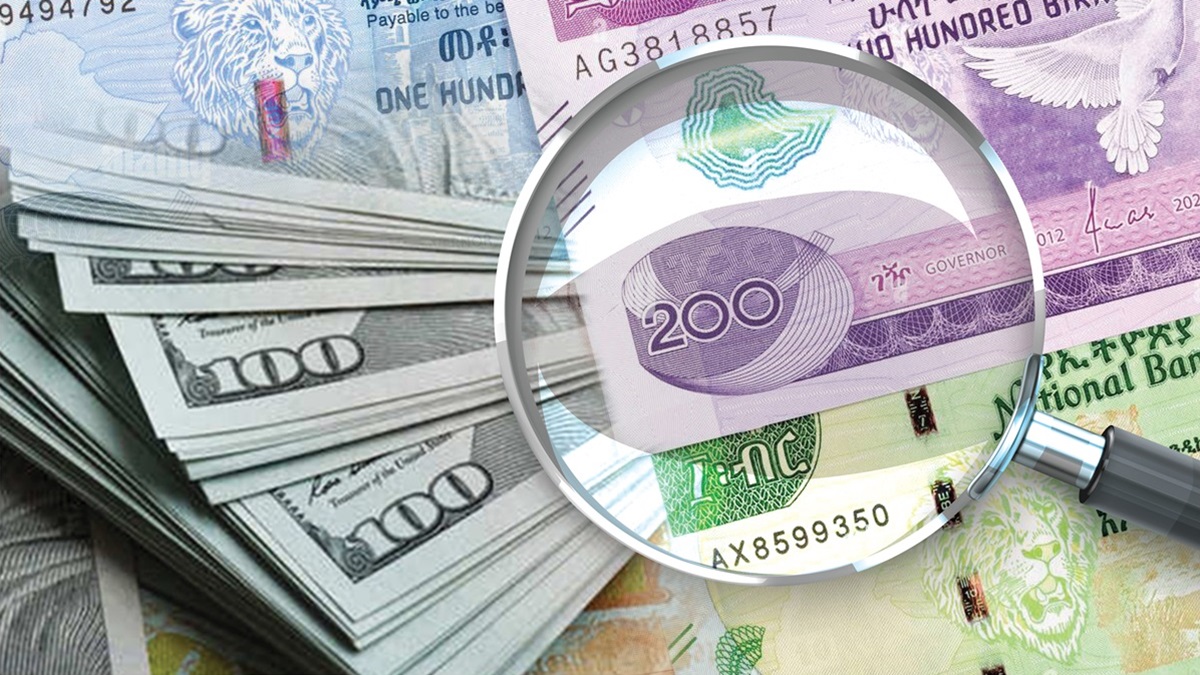
30
Jan
Ethiopia Set to Ease Foreign Exchange Restrictions: A New Era for Economic Growth
Ethiopia is taking a bold step toward economic stability and liberalization by easing its foreign exchange (forex) restrictions. The government plans to remove the caps on travel foreign exchange, family remittances, and dividend repatriation, marking a significant shift in the country’s financial policies. These changes are set to open up the forex market, making it more accessible for individuals and businesses, and creating a more favorable environment for foreign investment.
The reform comes ahead of a visit from Kristalina Georgieva, the Managing Director of the International Monetary Fund (IMF), scheduled for February 8 and 9, 2025. The timing is critical, as it underscores Ethiopia’s commitment to boosting its economic growth through measures that encourage market efficiency and attract foreign capital. Easing these forex restrictions is part of Ethiopia’s broader strategy to modernize its economy, and it signals the government’s intent to create a more open, transparent, and investor-friendly financial system.
The removal of caps on travel forex and family remittances will directly benefit millions of Ethiopians who rely on money sent from abroad. It will also ease the movement of capital, encouraging diaspora investments and fostering economic connections with the global market. Furthermore, by allowing the free repatriation of dividends, Ethiopia is sending a strong signal to international companies that their investments will be secure and that they can repatriate profits without facing unnecessary bureaucratic hurdles.
This move is expected to strengthen Ethiopia’s currency, the Birr, and enhance its stability by creating a more competitive and transparent forex market. By liberalizing the exchange rate system, Ethiopia aims to create a more attractive financial landscape for international businesses and investors, which could boost trade, infrastructure projects, and the overall economic growth of the country.
As Ethiopia continues to implement these reforms, it is hopeful that the changes will lead to a more dynamic and open economy, providing long-term benefits for both local and foreign investors. These policy changes are a crucial part of Ethiopia’s efforts to modernize its financial system, and they are expected to have a lasting impact on the country’s economic future.
In summary, Ethiopia’s decision to ease forex restrictions is a game-changer for the country’s economy. With the support of the IMF and the global community, Ethiopia is positioning itself as a rising economic power in the Horn of Africa, ready to embrace the opportunities of a more open and competitive financial market.

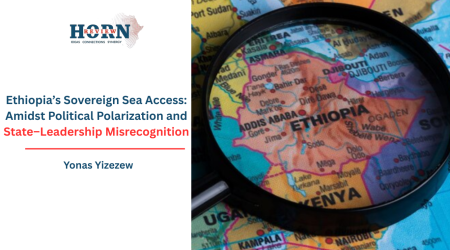
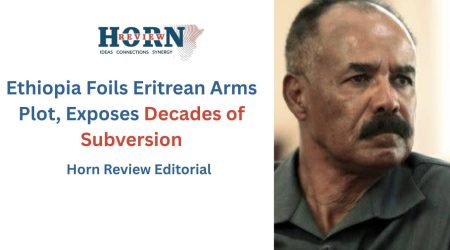

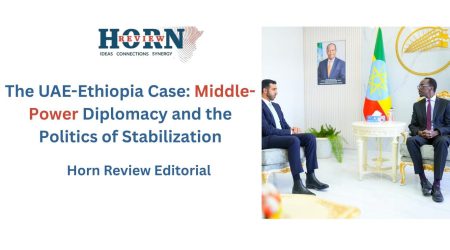
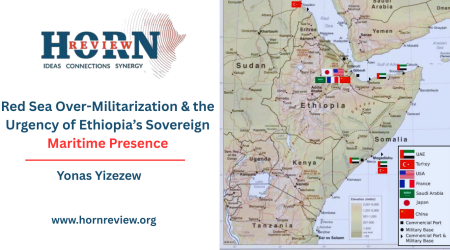
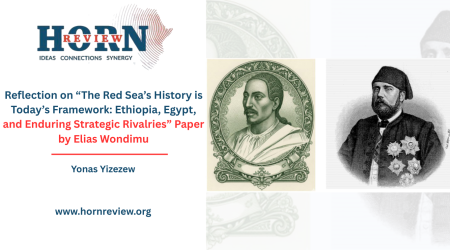
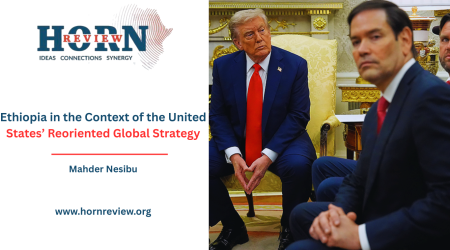
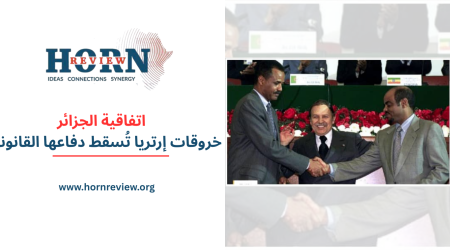

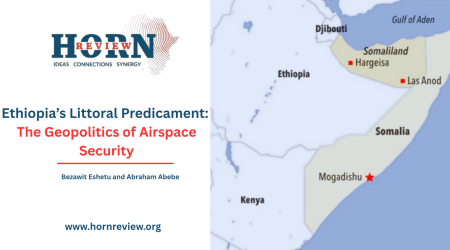
Comment (1)
You actually make it seem so easy with your presentation but I find this topic
to be really something that I think I would never understand.
It seems too complicated and extremely broad for me.
I’m looking forward for your next post, I’ll try to get
the hang of it!